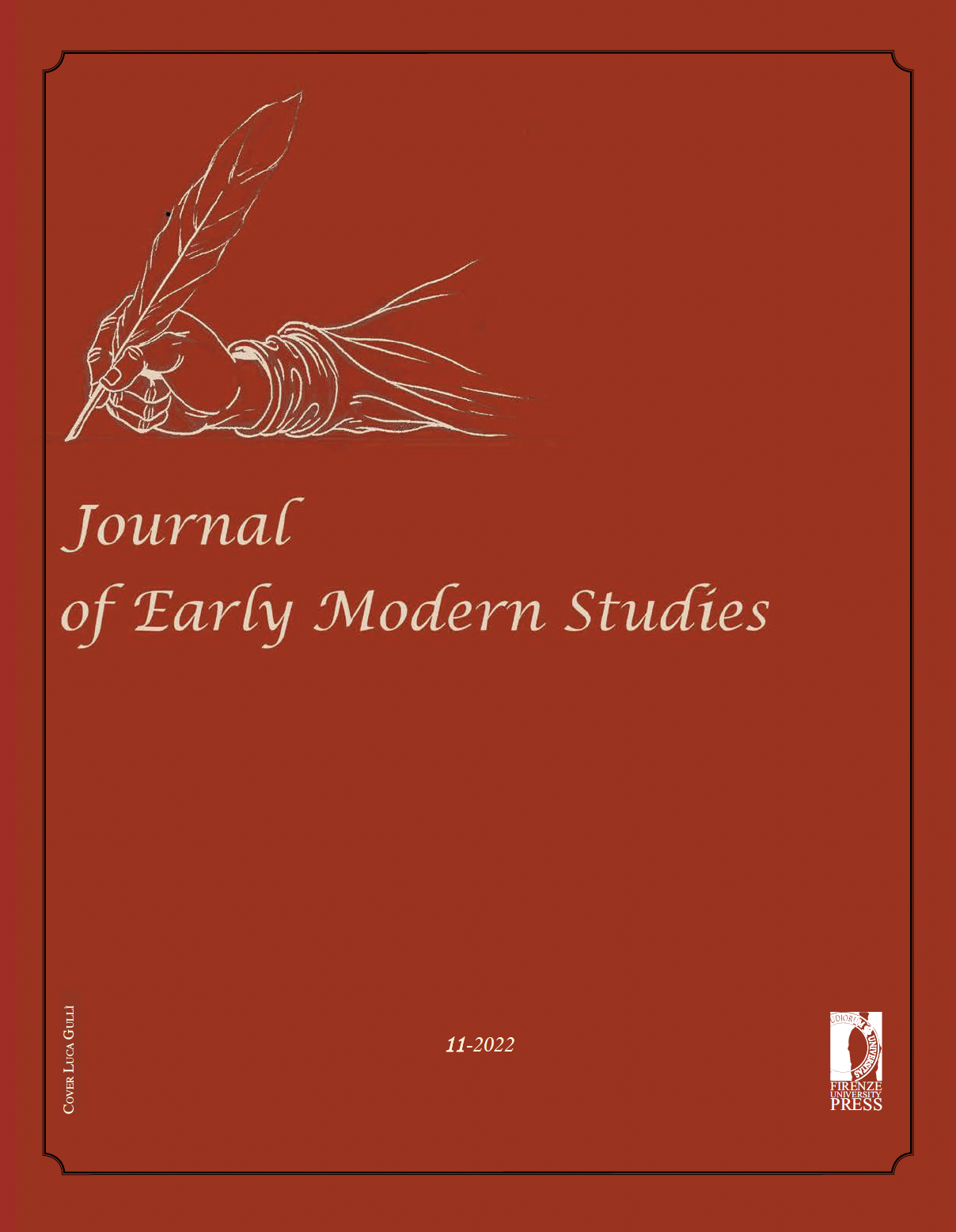The Genesis and Evolution of the Autobiographical Genre in Russian Early Modern Manuscript Culture
Published 2022-03-24
Keywords
- Autobiographies,
- Early Modern History,
- History of Russia,
- Manuscript Studies
How to Cite
Abstract
The article analyzes an important aspect of early modern Russian culture: the emergence and evolution of the autobiographical genre within the framework of traditional Old Russian manuscript heritage. The earliest personal notes, that can be defined proto-autobiographical, appeared in the Muscovite state in the seventeenth century within the ruling and intellectual elite, while the less ‘enlightened’ social groups turned to the autobiographical genre in the eighteenth and nineteenth centuries. For the most part, early Russian autobiographical texts are either memo records or inscriptions on the margins of the manuscripts or printed books.
The article investigates the emergence of the new autobiographical genre within the framework of traditional Russian mediaeval forms; it analyzes several models used by Russian authors of the early modern and modern period in their search for an appropriate form to note down their personal records: in textbooks and notebooks, bookkeeping ledgers, as additions to a handwritten miscellanea, as marginalia in a manuscript book or a printed one. The case studies examined reveal the ways in which, while retaining their original traditional character, the works in which the personal annotations were inscribed underwent an inner transformation precisely because of the autobiographical additions, thus acquiring a new function by being transformed into record books.


